There has been a fairly mixed reaction to the Agriculture Bill published last week by the British government.
The main focus is inevitably on the plan to gradually remove direct payments from farmers over a seven-year period starting in 2021, and instead introduce new environmental land management contracts designed to deliver public goods.
Farming leaders have criticised the lack of any emphasis on farmers as food producers. On the other hand, green lobby groups have generally welcomed the proposals.
What is perhaps confusing is that, although the Bill mostly applies only to England, some of its powers extend to NI.
Those powers include giving DAERA the ability to make changes to direct payments after EU exit, such as removing greening requirements. There is also scope to target payments to areas of natural constraint, and financially assist farmers during a major downturn.
The remaining NI powers are mainly related to market management. For example, the Bill allows various EU marketing standards to come into NI law, such as requirements related to beef, pig and sheep carcase classification.
So to be clear, the English plans around direct payments are not directly applicable to here. How we allocate support to farmers in NI will be for us to decide. We could opt to retain an area payment, or perhaps target money at marginal areas, or vulnerable sectors such as suckler cows.
In reality, are we going to diverge greatly from what happens in England, especially when Westminster will hold the purse strings?
And perhaps we are all missing the crucial point. At present, UK farmers receive £3.2bn per year in direct payments. If this same pot of money still comes, mostly via environmental schemes, that could be considered a good outcome. However, the British government commitment to maintain spending at current levels only runs to 2022. After that, nothing is guaranteed.
Read more
Creating new ag policy sounds simple – it isn’t
Gove proposes delinked payments
There has been a fairly mixed reaction to the Agriculture Bill published last week by the British government.
The main focus is inevitably on the plan to gradually remove direct payments from farmers over a seven-year period starting in 2021, and instead introduce new environmental land management contracts designed to deliver public goods.
Farming leaders have criticised the lack of any emphasis on farmers as food producers. On the other hand, green lobby groups have generally welcomed the proposals.
What is perhaps confusing is that, although the Bill mostly applies only to England, some of its powers extend to NI.
Those powers include giving DAERA the ability to make changes to direct payments after EU exit, such as removing greening requirements. There is also scope to target payments to areas of natural constraint, and financially assist farmers during a major downturn.
The remaining NI powers are mainly related to market management. For example, the Bill allows various EU marketing standards to come into NI law, such as requirements related to beef, pig and sheep carcase classification.
So to be clear, the English plans around direct payments are not directly applicable to here. How we allocate support to farmers in NI will be for us to decide. We could opt to retain an area payment, or perhaps target money at marginal areas, or vulnerable sectors such as suckler cows.
In reality, are we going to diverge greatly from what happens in England, especially when Westminster will hold the purse strings?
And perhaps we are all missing the crucial point. At present, UK farmers receive £3.2bn per year in direct payments. If this same pot of money still comes, mostly via environmental schemes, that could be considered a good outcome. However, the British government commitment to maintain spending at current levels only runs to 2022. After that, nothing is guaranteed.
Read more
Creating new ag policy sounds simple – it isn’t
Gove proposes delinked payments



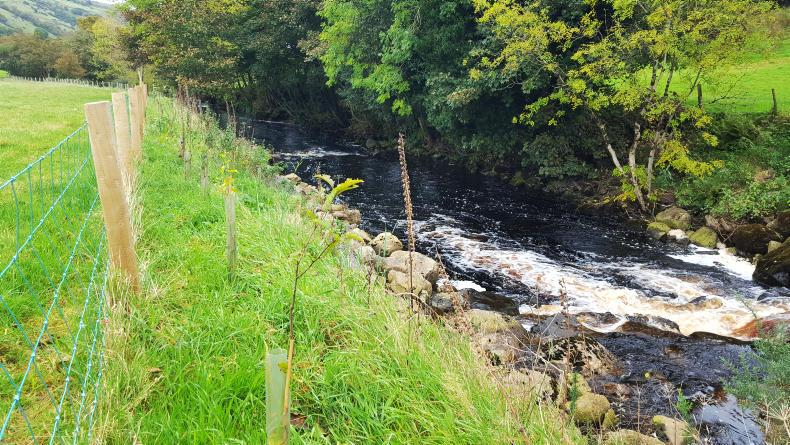

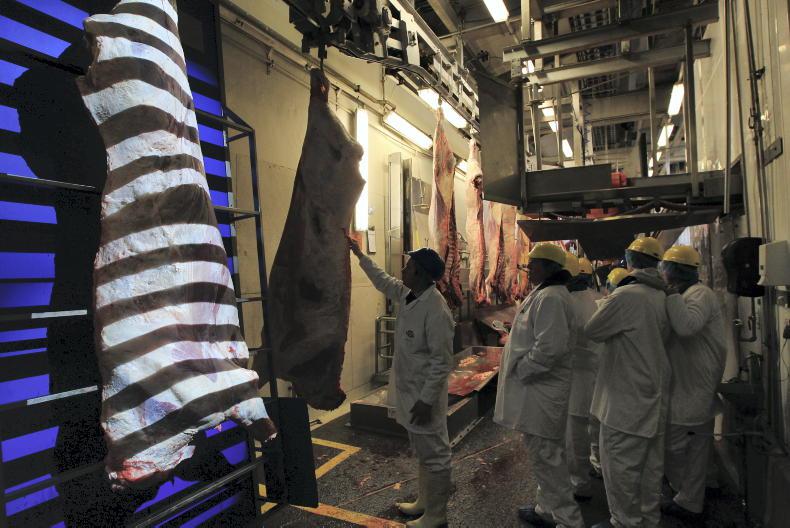

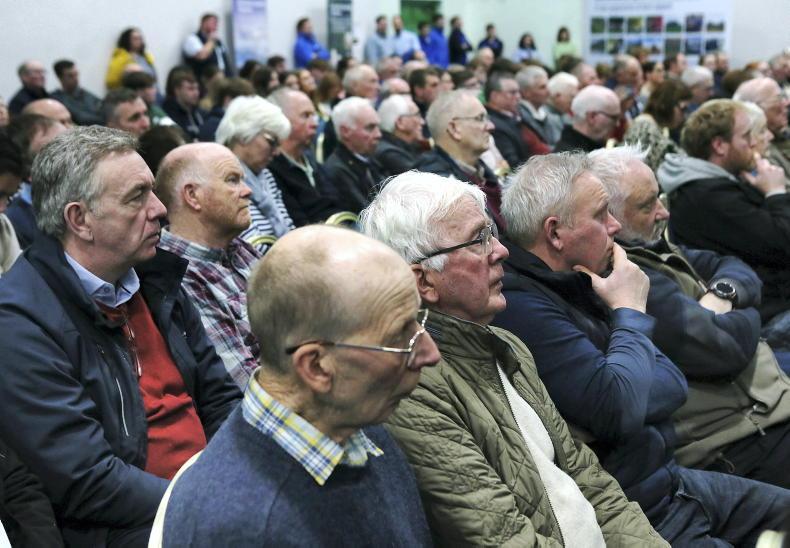
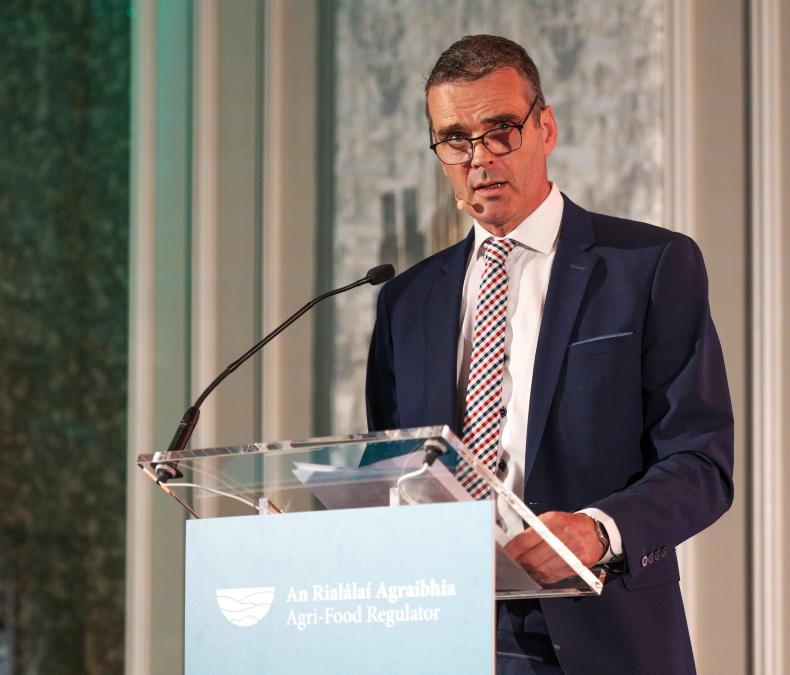
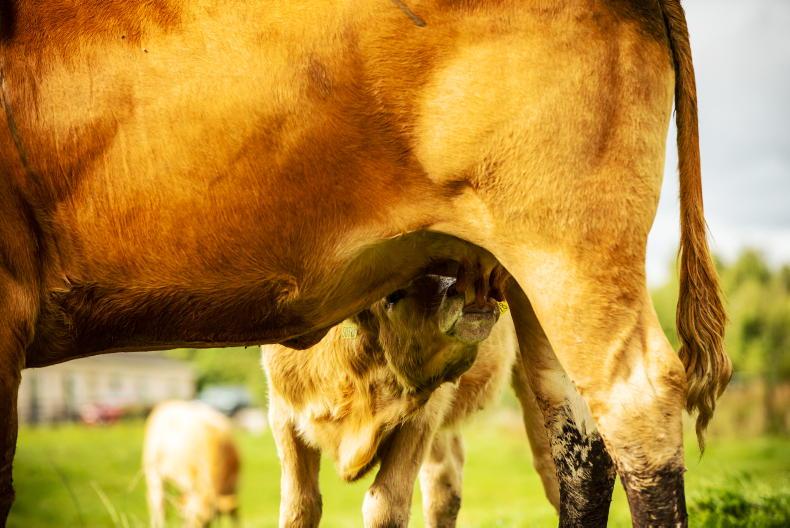
SHARING OPTIONS